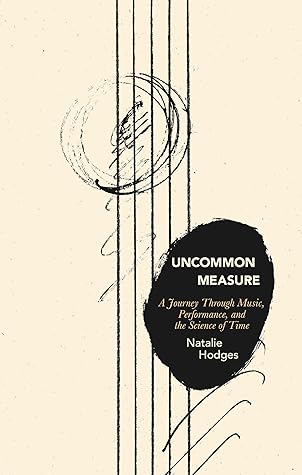More on this book
Community
Kindle Notes & Highlights
Read between
June 1 - June 3, 2025
If you want to change the past, all you have to do is try to record what happened in it.
If all is truly said and done, if there is to be no more playing and the rest really is silence, why, then, does the past insist on returning in theme and aching variation, offering itself for memory and reinterpretation?
Improvisation, then, can be seen as an uncanny manifestation of deep memory itself: the creation of order out of disorder, a deep up-pouring from some dormant part of the soul; a confirmation that “the mind knows things it does not know it knows.”
As I get older, it seems to me that trying to learn how to love somebody the right way—to give enough of yourself, but never too much—is to discover the frightening asymmetry at the heart of love.
Assimilation—perhaps more than any other crisis of identity—threatens to throw that balance out of whack. Its grief begins when you notice that the way others perceive you has begun to diverge from the way you see yourself.
You don’t move on from loss so much as move away, further out in time. But in a sudden instant you can remember everything again; the past comes alive, and an entire chaconne is unleashed within the emotional arrest of that moment, a spiral of related memories and buried feeling.
To grieve is to experience these painfully expanded moments over and over again, often without warning … to think you’ve gotten away from the past only to awaken to it, to get the wind knocked out of you all over again, to feel the omnipresence of that loss.


